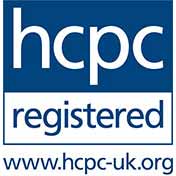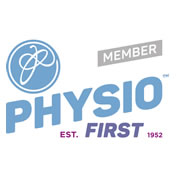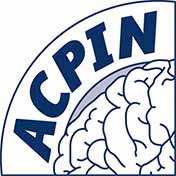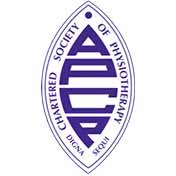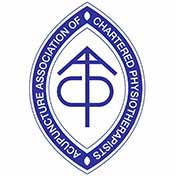Muscular Dystrophy (MD) is a hereditary and degenerative disease of the muscles whereby the muscle fibres progressively break down, become weakened and are replaced by fibrous and or fatty tissues. There are a many types of MD, the most common however being ‘Duchenne Muscular Dystrophy’ and ‘Becker Muscular Dystrophy’.
 Duchenne Muscular Dystrophy is the more severe of the two types, and is caused by a lack of a specific protein called ‘dystrophin’ within an individual’s muscles. This is a genetic disorder, more commonly affecting males, confirmed by the genetic testing of a blood sample. A muscle biopsy may also be taken if a diagnosis of MD is confirmed, which enables a doctor to distinguish between Duchenne Muscular Dystrophy and the milder form of MD, Becker Muscular Dystrophy. Unless there is a specific family history of the disease to suspect a child may have a form of MD, investigations are only carried out when a child begins to display certain symptoms that may include difficulty in running or jumping, pulling themselves up from sitting into standing, or getting up from the floor. Some children with MD may show signs of delayed speech development, learning difficulties or behavioural problems, and a delay in reaching certain developmental milestones, which may alert a parent to seek medical assessment in their early years.
Duchenne Muscular Dystrophy is the more severe of the two types, and is caused by a lack of a specific protein called ‘dystrophin’ within an individual’s muscles. This is a genetic disorder, more commonly affecting males, confirmed by the genetic testing of a blood sample. A muscle biopsy may also be taken if a diagnosis of MD is confirmed, which enables a doctor to distinguish between Duchenne Muscular Dystrophy and the milder form of MD, Becker Muscular Dystrophy. Unless there is a specific family history of the disease to suspect a child may have a form of MD, investigations are only carried out when a child begins to display certain symptoms that may include difficulty in running or jumping, pulling themselves up from sitting into standing, or getting up from the floor. Some children with MD may show signs of delayed speech development, learning difficulties or behavioural problems, and a delay in reaching certain developmental milestones, which may alert a parent to seek medical assessment in their early years.
Progressive changes within the muscles occur as a child grows, and often by the age of 12, a child will require the use of a wheelchair due to the severe weakening of their leg muscles. Later on, the muscles of the chest and the heart become weaker causing breathing difficulties and limited exercise tolerance. As MD is a degenerative disease, the aims of physiotherapy will adapt throughout the course of an individual’s life to respond to the changing needs and difficulties experienced by each person. Physiotherapy management should be commenced from the earliest stage possible, to maximise muscle capability and general function from the outset of the disease process. This helps to prolong the status of the joints, and optimises the cardiovascular system to aid exercise tolerance and to help to prevent respiratory illnesses from occurring.
A Neuro Physiotherapist is one of the many health professionals that make up the multidisciplinary team for an individual with MD, which provides a vital support network for the child and their family / carers. Our highly-trained team of Neuro Physiotherapists are experienced in providing the specialist service that is required to manage individuals with complex and long term neurological disorders. We work closely with families, carers and other health professionals to ensure that those who are living with a degenerative condition have the right support at the right time, and the best possible quality of life.

